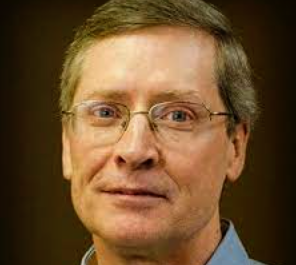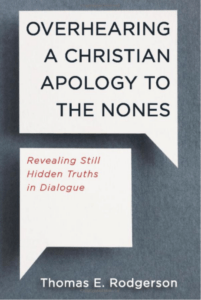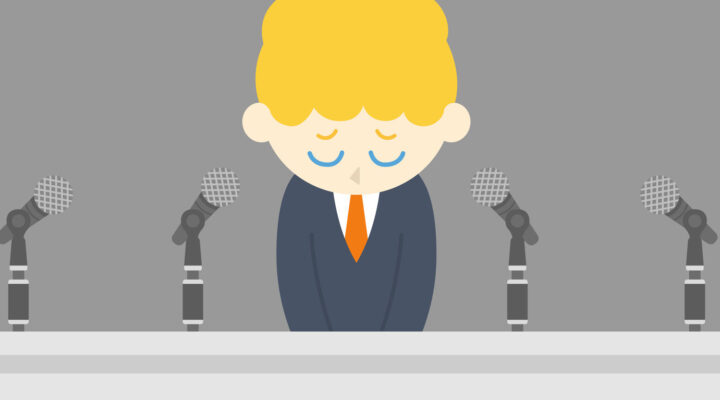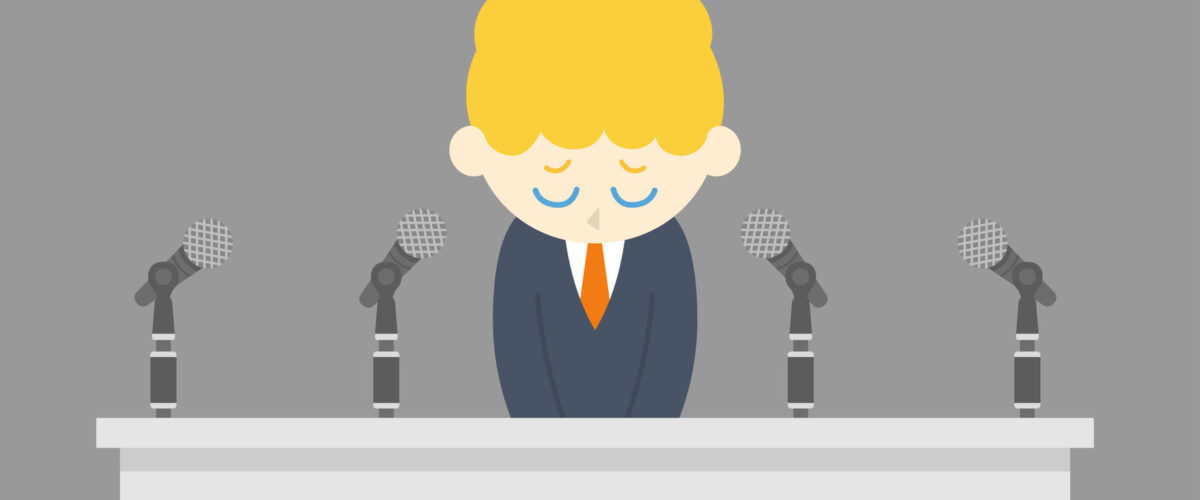The church owes numerous apologies to the rapidly growing ranks of the religiously unaffiliated known as the “nones,” author, pastoral counselor and Baptist minister Thomas Rodgerson says.
For starters, the term itself needs to be atoned for, even though it was first used by sociological researchers to label the now 29% of Americans who describe themselves as “nothing in particular” when asked their religious status on surveys and forms. Rodgerson even asks forgiveness for using the term in his new book, Overhearing A Christian Apology to the Nones: Revealing Still Hidden Truths in Dialogue.

Thomas Rodgerson
But much deeper repentance is needed in other areas, including fearing the nones, treating them like consumers, blaming them for membership declines and expecting them to embrace stale or politically charged forms of Christianity, according to Rodgerson, a Southern Baptist also credentialed in the American Baptist Churches USA.
“In my opinion, we need to offer you as a none an apology when we offer you a canned religion whose expiration date has long passed; a canned religion that reminds us of where we were but misses where you are; a canned religion that now may be toxic,” he explains in the book.
Churches also fall short when caving to market economy culture in shaping ministries, worship and outreach, he writes. “In that case, not only is an apology needed when we push hollow transactional religious rituals onto the nones (or anyone else), but also an apology is needed when we shift our market share anxieties onto the nones, whose growth in numbers raises serious and unavoidable concerns about the trend of religious decline.”
Much of that concern emanates from an annual drumbeat of national surveys that have tracked the rise of the nones and corresponding decline of religious belief and attendance over the past several decades.
“We need to offer you as a none an apology when we offer you a canned religion whose expiration date has long passed; a canned religion that reminds us of where we were but misses where you are; a canned religion that now may be toxic.”
In December, Pew Research Center reported that self-identified Christians comprised 63% of the U.S. population in 2021, down from 75% a decade before.
“Currently, about three in 10 U.S. adults (29%) are religious ‘nones’ — people who describe themselves as atheists, agnostics or ‘nothing in particular’ when asked about their religious identity,” Pew noted.
The trend has triggered the fight-or-flight reflex in many Christians and church leaders, Rodgerson said in an interview with Baptist News Global.
“The data about the nones is making the church anxious just as the data about people not coming back to church after the pandemic is making the church anxious.”
In that state, churches and ministries are unable to think clearly and constructively about challenges before them, he said. “It triggers the sympathetic nervous system and when it does you can’t be playful and you can’t be creative.”
 “I am working with pastors to manage their anxiety around this,” said Rodgerson, a licensed clinical professional counselor and the retired director of spiritual and pastoral care at Loyola University in Maryland.
“I am working with pastors to manage their anxiety around this,” said Rodgerson, a licensed clinical professional counselor and the retired director of spiritual and pastoral care at Loyola University in Maryland.
Rodgerson said he can identify with his fearful clients and other fearful Christians because of his own experience as former pastor of a dually aligned SBC and ABC congregation in the Washington, D.C., area. “When I was in the pastorate, I was always concerned about the numbers. But that, in itself, also bothered me: Why am I so concerned about the numbers?”
Focusing on that metric alone can lead clergy and congregations to lose focus on the transformative power of the gospel and of the church, he said. Thus, nones are often left feeling their only choices are fundamentalism or a pandering, desperate and “wishy washy” Christianity.
“We need to take responsibility for that because who wants either of those choices?” Rodgerson said. “So don’t focus on numbers. Focus on authenticity and transformation and getting the word out about what works in Christianity and about what’s beautiful in Christianity.”
Rodgerson said his book is couched as a conversation his readers “overhear” in the hopes it will not be taken as an attack on church leaders but a parable for how to accept and communicate with the nones. But the book is also designed to help demystify the nones by dispelling stereotypes and suggesting their rise may contain a blessing for the church.
“They are showing us that we need to go back to square one and look at the ways we have done Christianity and to at least reevaluate the cultural assumptions that infused or confused the Christian message,” he said. “I think this engagement with the nones is a part of God doing something to be re-creative in the world at this time.”
The church’s responsibility, in turn, is to demonstrate to the nones and others that faith is worth having, he said.
“The very grammar of our stories needs to be infused with that agape love, that abiding love that can spiritually come to us by the way we engage with faith and the ways we engage in prayer.”
Related articles:
More people are moving to my city, but fewer are going to church | Opinion by Russ Dean
In BNG webinar, Ryan Burge details the double threat to denominational churches in America
Americans growing less religious and more strictly religious at the same time
Losing my religion | Opinion by Susan Shaw


